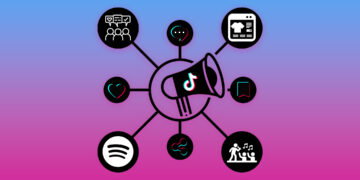SoundCloud introduces user-centric distribution model

- SoundCloud ventures to switch from pro rata to user centric
- However, this applies only to a part of the artists
- How streaming revenues will now be distributed
We’ve already reported on the rumor that SoundCloud might be the first streaming service to switch from the pro-rata to the user-centric distribution model. Now, this has become reality – at least in part.
While in the pro-rata model all streams are thrown into one big pot, the user-centric model distributes the revenues from each user only to those artists that they actually listened to.
The change will take place on April 1st, but the new model will only be used for artists who upload their music directly via SoundCloud. To be precise, that includes 100,000 customers who use SoundCloud Premier, Repost by SoundCloud, or Repost Select. But these three features are not free of charge – so, to be part of the user-centric model, you have to be a paying member of SoundCloud.
How does SoundCloud calculate the payout?
The share, that the artist receives, is calculated based on the time that a user listened to said artist in comparison to the total listening time per month. What also plays a part is how many ads the user listens to on the platform or if they are paying for SoundCloud Go+.
But there are still some questions that SoundCloud has, as of yet, left unanswered.
One of them is whether the user-centric model will be applied for publishing, as well, meaning whether it will be applied to the shares of the songwriters and composers. For another, it’s still unclear how the revenues will be calculated when a user listens to music both from artists who upload directly (user-centric), as well as from label/distributor submissions (pro-rata).
User Centric: Advantages for artists?
Since so far no big streaming service could bring itself to change its distribution model, we will now see for the first time whether this system can actually bring benefits for independent musicians. But the cake that’s to be divided is still relatively manageable: In 2019 (there are no new numbers available yet), SoundCloud made a profit of 99.5 million dollars from ads and user subscriptions.
Whether other streaming services will make the switch is still written in the stars and heavily depends on the major labels. Since these labels show themselves to be open only to conversations but nothing more, it is not to be expected that anything will change in this regard anytime soon. But thanks to SoundCloud, we will now at least get an idea of whether a system change is even desirable from a musician’s perspective.











